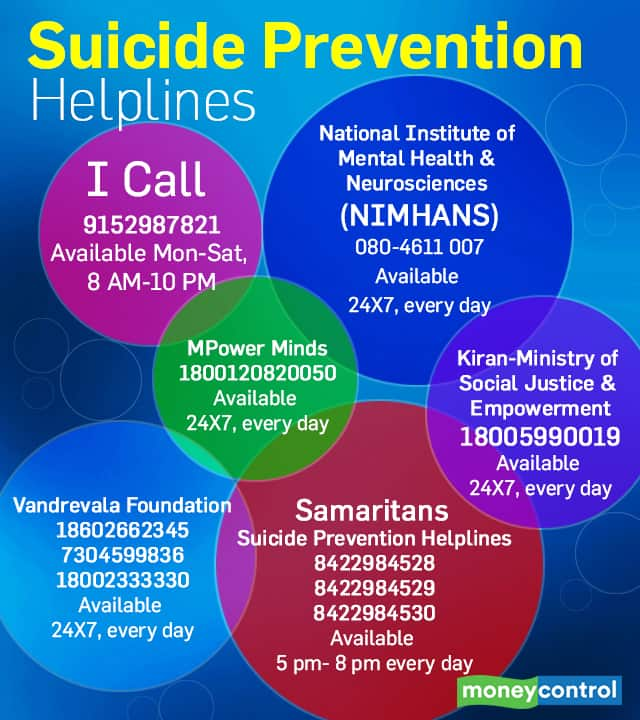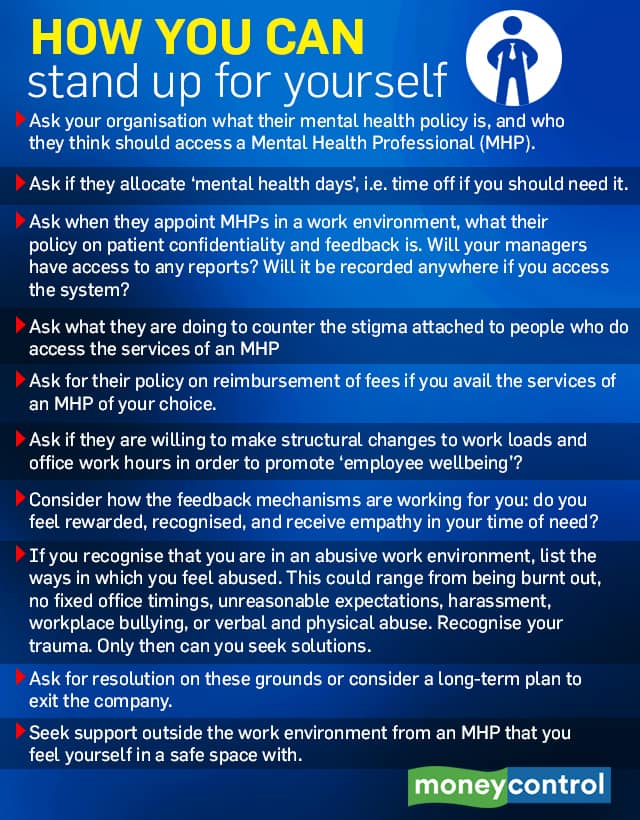



Note to readers: Healing Space is a weekly series that helps you dive into your mental health and take charge of your wellbeing through practical DIY self-care methods.
Change before you have to, Jack Welch said, but few of us do until we reach the tipping point. We become ready for change when the cost of not changing becomes higher than the status quo. So when tennis champion Naomi Osaka says she would rather pay a fine and drop out of the French Open than face the invasive media post-match, it should have set off alarm bells. Instead, it’s been met with incredulity by the very corporations and giants that claim to be sustainable and world conscious of their footprints. It’s time for corporations to wake up and realise: there is no sustainability without mental health. It’s intricately interlinked. You can’t drive someone to work hours that have them eating on the go and ask for a reduction in the use of plastic takeout boxes and straws. You have to create environments in which people are able to reduce their carbon footprint, live slower, consider sustainable options, and practically use them.
 In the fallout of what has widely been touted as the ‘mental health pandemic within a pandemic’, corporations are asking employees at this point to get a work life balance. Some surveys have claimed organisations have a ‘mental health strategy’ in place; 75% of them. What this typically boils down to is appointing a psychologist to a nondescript panel, holding weekly group sessions for meditation, and sending out mailers encouraging employees to ‘destress’ and ‘find a work life balance’ or ‘relax’. These are laughable cover ups and a band aid to organisational scars, and do nothing to heal actual wounds.
In the fallout of what has widely been touted as the ‘mental health pandemic within a pandemic’, corporations are asking employees at this point to get a work life balance. Some surveys have claimed organisations have a ‘mental health strategy’ in place; 75% of them. What this typically boils down to is appointing a psychologist to a nondescript panel, holding weekly group sessions for meditation, and sending out mailers encouraging employees to ‘destress’ and ‘find a work life balance’ or ‘relax’. These are laughable cover ups and a band aid to organisational scars, and do nothing to heal actual wounds.
As we saw in this column a couple of weeks ago, the Indian workforce is reaching peak burnout. Burnout is systemically induced by unreasonable work hours, lack of empathetic work spaces, unregulated work-loads, and pressure from management. By tossing DIY solutions at employees, organisations are abdicating their responsibility and making ‘mental health’ one more task on an already overburdened employee's to-do list. Trust team exercises have no meaning when the walls are closing in on you and you haven’t slept for days. Until structural changes are incorporated, nothing will change. A leading national law school began to insist students find time for sports, after they were hit with a spate of suicides, drop outs, year losses and mental health breakdowns. However, students continue to grapple, even in a pandemic, with up to 18 hours a day of studies in order to complete the required workload. The onus is on organisations and institutions to create environments in which people are equipped to look to their mental health.
A better trust exercise is to let employees know that they can choose a mental health professional of their choice and can expect to be reimbursed for the fee. Organisations wondering why employees do not visit with their chosen appointed professionals, fail to understand the implicit formality and fear of reprisal-ridden structures they engage with on a day to day basis. A workplace is rarely a ‘safe space’ for employees to unburden themselves. Independently run organisations like the philanthropic ASCENT Foundation have made inroads into entrepreneurial support groups far more effectively.
CEOs delegate mental health to a CSR activity but the trickle-down mantra that is conveyed is ‘productivity’ and ‘profit margins’. Here’s the thing: a recent TELUS International survey of the American workforce showed, more than 80% of employees working from home would quit their jobs for their mental health. The World Health Organization has surmised that the Indian economy could stand to lose $1.03 trillion by 2030 due to mental health concerns.
The problem with that figure is that organisations are now asking employees to ‘buck up’ for the sake of their bottom line and lack the self-evaluation mechanisms to see that they are what’s causing the melt down. Telling people to take care of themselves isn’t the solution; it’s the aggravation. It’s the gaslighting of an abusive relationship in which the partner who causes abuse asks the other to ‘compromise’ because they are building something together. Many marriages end this way and rightly so. When the cost of any relationship is your mental health, you eventually begin to question if it’s worth staying in it. This is what Osaka has done. She has exited the cycle of abuse, and in mental health terms, this is what we call a breakthrough. When you begin to prioritise yourself and your needs and gain the inner strength to rise above the abusive cycle. As for the backlash that invariably comes to those who take a stand for themselves, as they say, the only people who get angry with your establishing boundaries are those who benefitted from you not having any to begin with.
Few people have the resources and money to pay the fines or alternate penalties that involve exiting such relationships. Few will gain the public support Osaka has garnered through social media. This is why so many continue in environments of domestic violence, or take to self-harm.

As for the media and its invasive interviewing techniques (disclaimer: I have been part of the media for 22 years and can be accused of the same until I got off the cycle to review and retrain), counselling training, sensitivity training and trauma counselling is necessary for journalists. Recognising one’s own trauma and abuse is vital to breakthrough. The press are themselves pawns in an industry that feeds on their constant generation of clickbait rage. However, the journalist’s ability to recognise a person on the edge and talk them down off it, rather than push them off it to gain a great headline, is far more valuable in human terms, and for the sustainability of the press-interviewee relationship. As Osaka said, she does speak with journalists with whom she has built long term relationships.
The clickbait sacrifices the long term for the immediate win. So also productivity sacrifices the employee for a fleeting bottom line. Economies and corporations, like marriages that think they can become sustainable without empathy, are damned.

Discover the latest Business News, Sensex, and Nifty updates. Obtain Personal Finance insights, tax queries, and expert opinions on Moneycontrol or download the Moneycontrol App to stay updated!
Find the best of Al News in one place, specially curated for you every weekend.
Stay on top of the latest tech trends and biggest startup news.